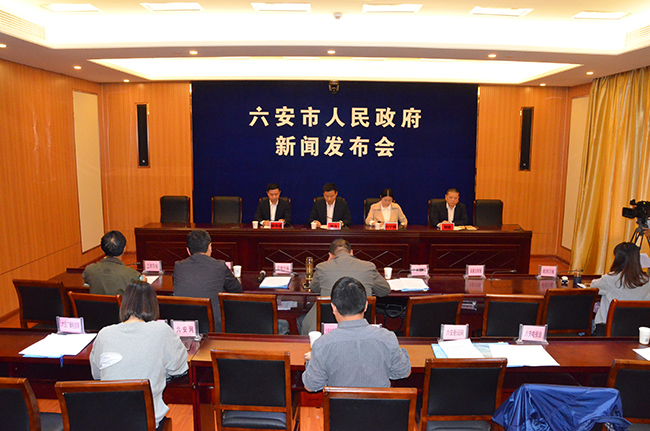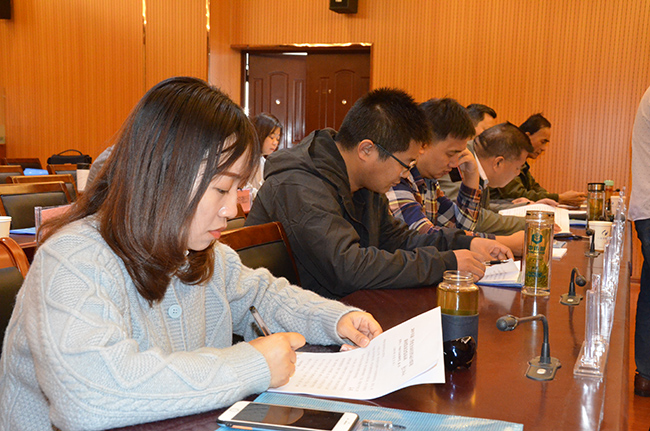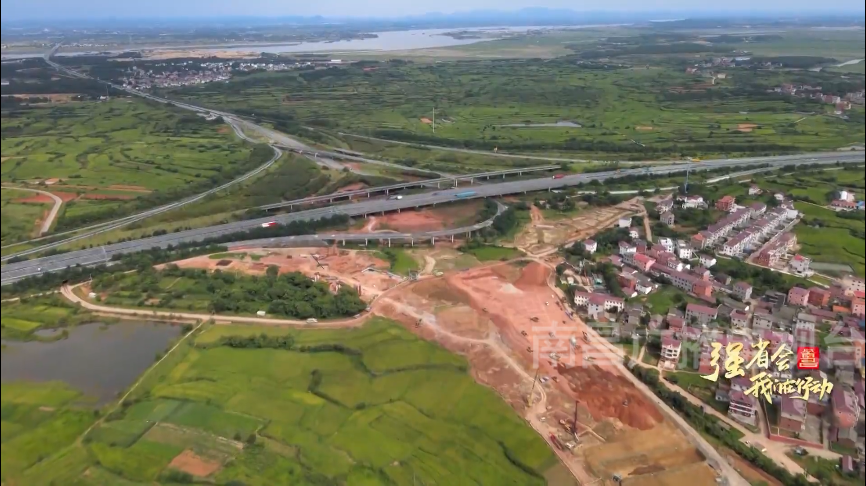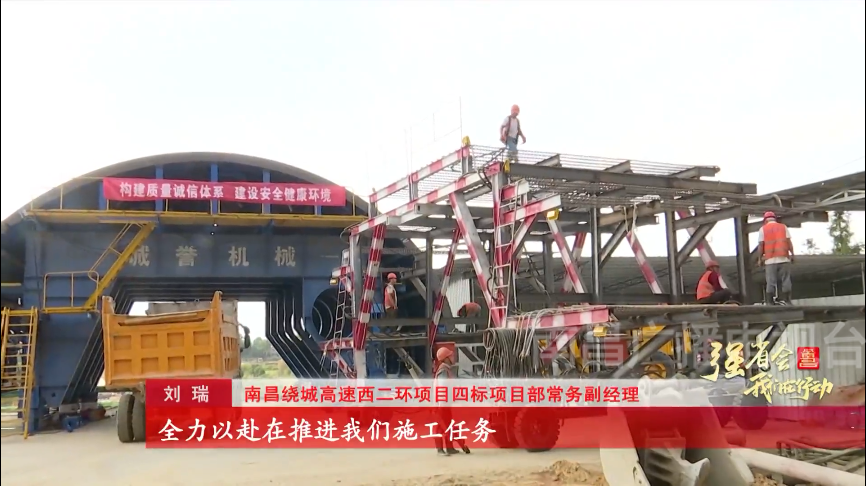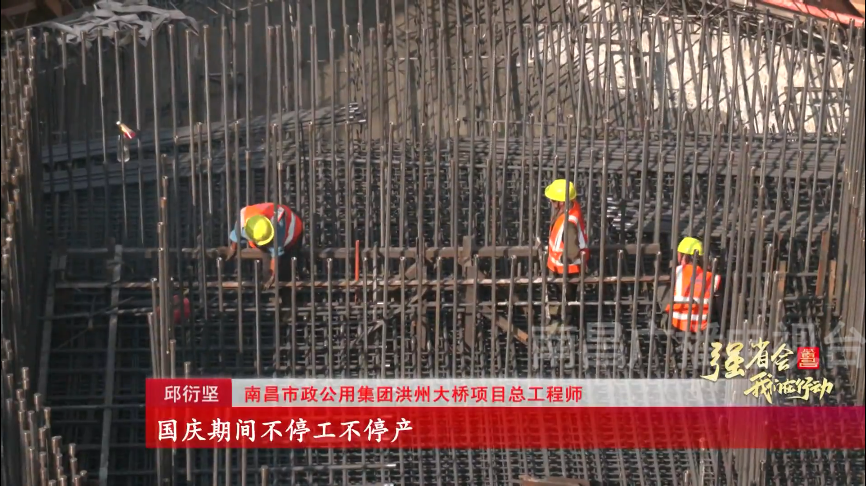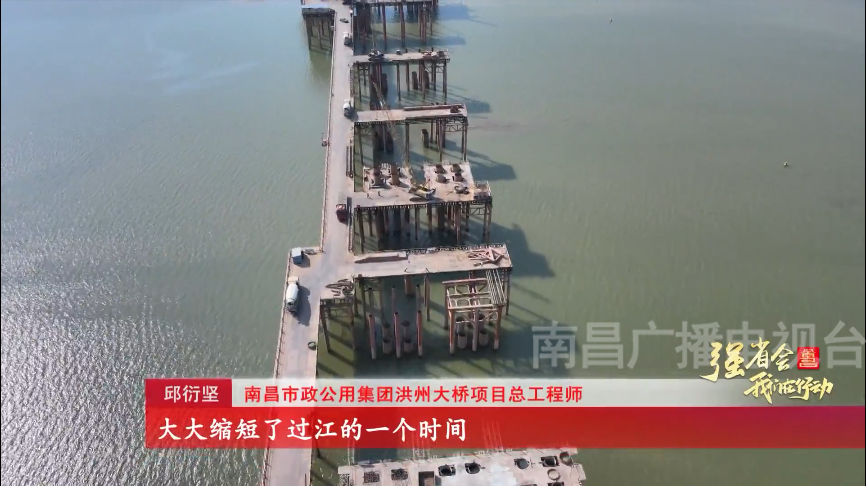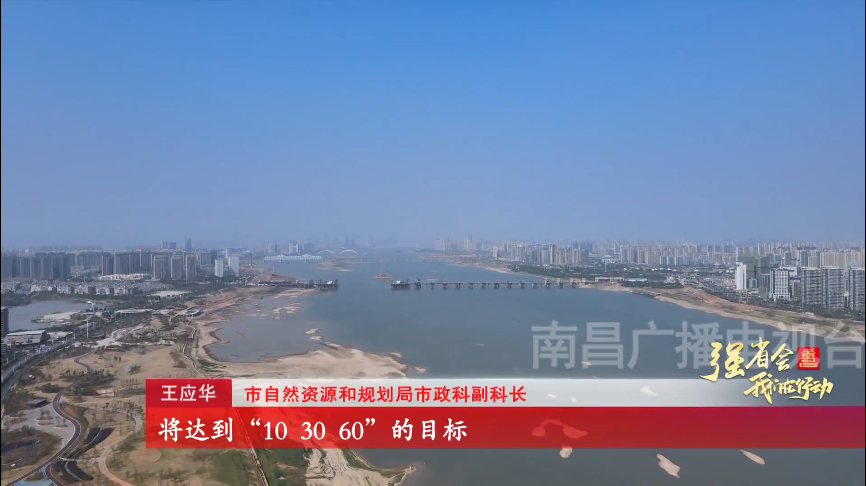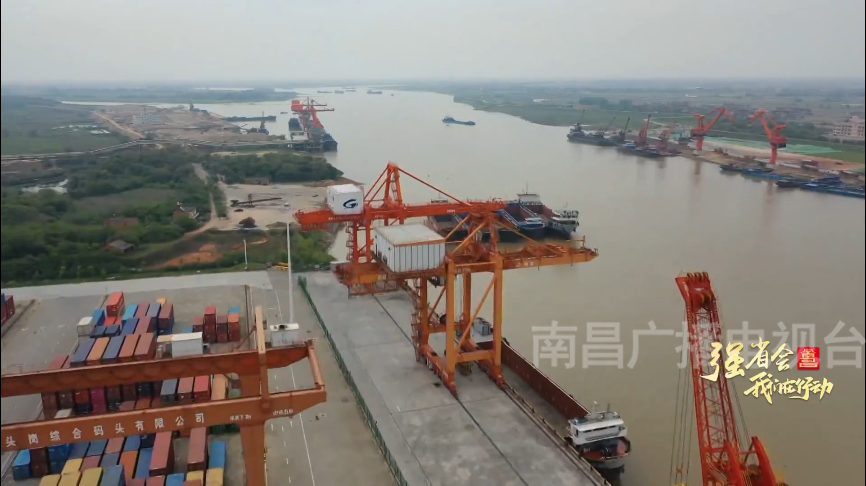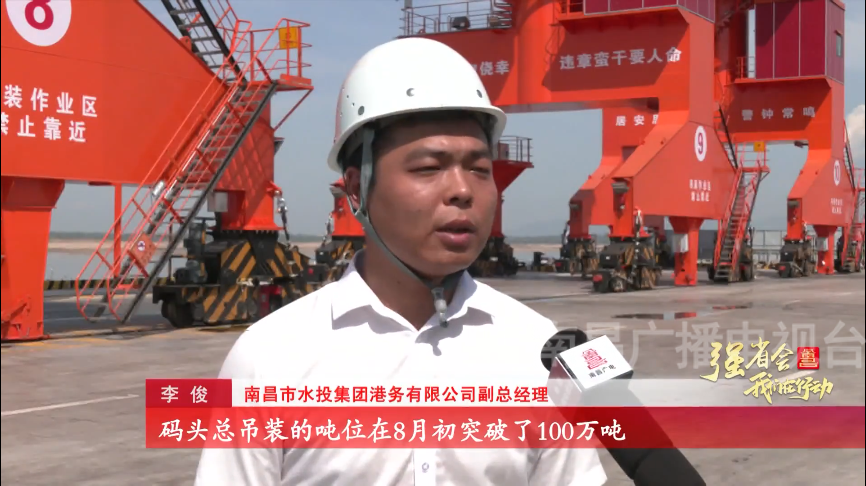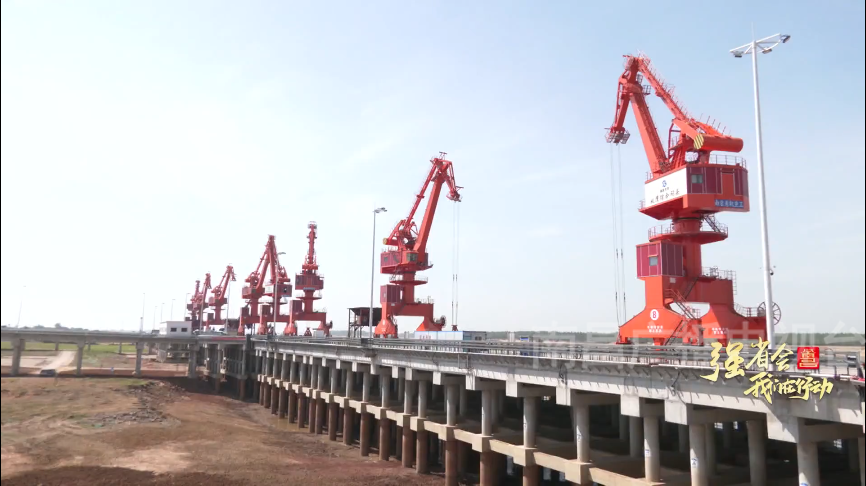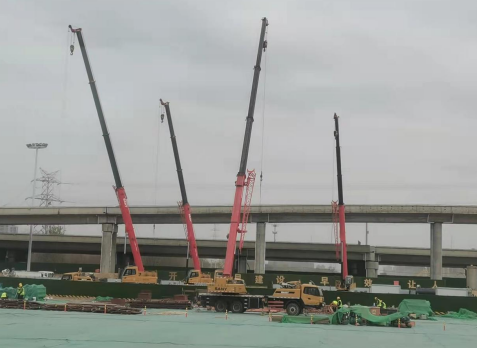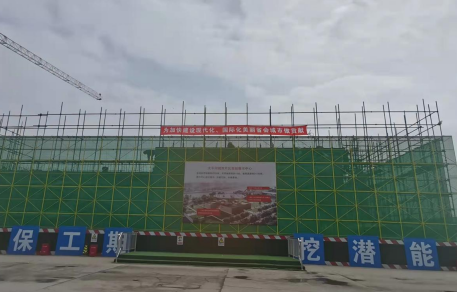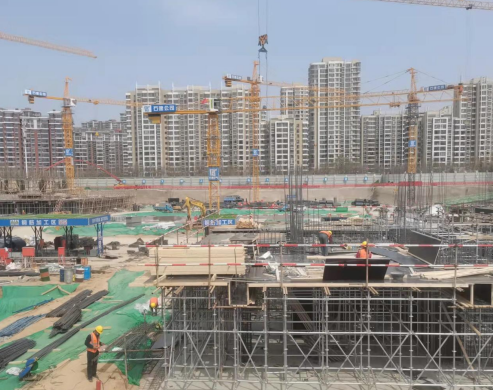Cctv newsAccording to the website of the Ministry of Education, recently, the General Office of the Ministry of Education issued the Measures for the Administration of Off-campus Training Materials for Primary and Secondary School Students (Trial) (hereinafter referred to as the Measures). The person in charge of the supervision department of off-campus training and education of the Ministry of Education answered the reporter’s questions on the relevant contents of the Administrative Measures.
1. Q: Please introduce the background of formulating the Administrative Measures.
A: First, implement the central decision-making and deployment. The CPC Central Committee attaches great importance to the work of "double reduction". In July this year, the general offices of the General Office of the Central Committee of the CPC and the State Council issued the Opinions on Further Reducing the Students’ Homework Burden and Off-campus Training Burden in Compulsory Education, explicitly requiring the establishment of a training content filing and supervision system, and formulating measures for the management of training materials in off-campus training institutions.
The second is to implement the fundamental task of Lide Shuren. To fully implement the party’s educational policy and the fundamental task of cultivating people by virtue, we should not only strengthen the main position of school education, but also pay attention to off-campus training and education to build a good education ecology. In the stage of basic education, whether in or out of school, it is the responsibility to protect the healthy growth of children and promote their all-round development. There is no blank area or gray area, and training materials must be strictly controlled as a carrier of education.
Third, the practical needs of standardized management. With the deepening of the governance of off-campus training institutions, all kinds of training materials have become the focus and difficulty of management. For a long time, there have been some problems in training materials, such as lack of guidance, standardization and scientificity, unclear requirements for its compilation, review and selection, and lack of system in training materials management. In practical work, it is urgent to strengthen the requirements of relevant norms and improve the system construction.
2. Q: Please introduce the development process of the Administrative Measures.
A: In the process of developing the Administrative Measures, we mainly carried out the following work: First, systematically sort out the literature. Conduct in-depth research on relevant national policies, special research results, and local documents such as the setting standards of off-campus training institutions in various provinces (autonomous regions and municipalities) and the management measures for off-campus training institutions, and grasp the existing work foundation. The second is to carry out multi-party research. For students’ parents and training institutions, Beijing, Fujian, Jiangxi, Henan, Shaanxi, Xinjiang and other provinces were selected to listen to opinions extensively, clarify the main problems existing in training materials, and clarify the key points and boundaries of the Management Measures. The third is to solicit opinions extensively. Insist on researching, drafting and revising. After the manuscript was formed, a special study was conducted, and opinions were solicited from provincial education administrative departments in two rounds, and opinions and suggestions were analyzed and absorbed one by one to improve the manuscript.
3. Q: What are the training materials referred to in the Administrative Measures?
A: The training materials referred to in the Administrative Measures refer to the learning materials for primary and secondary school students independently compiled by off-campus training institutions that have been approved and registered, including online and offline, disciplinary and non-disciplinary training materials. In other words, as long as all the materials used in training for primary and secondary school students prepared by training institutions are within the coverage of the Administrative Measures, there are no dead ends and no omissions.
4. Q: What are the general requirements for the management of training materials?
A: The Management Measures focuses on outstanding orientation, full control and dynamic supervision, and focuses on establishing and improving the management mechanism of training materials, which should not only solve current practical problems, but also be based on long-term development needs.
First, insist on educating people. Off-campus training must adhere to the socialist direction and the public welfare nature. Therefore, the management of training materials should comprehensively implement the Party’s educational policy, implement the fundamental task of cultivating people by virtue, reflect the correct political direction and value orientation, follow the law of students’ physical and mental development, and constantly improve the ideological, scientific and appropriate training materials.
The second is to strengthen the whole process of control. There are many links involved in the management of training materials, and no mistake or problem can be made in any link. Therefore, it is necessary to strengthen the whole process management of training materials, such as compilation, review, selection and filing, clarify personnel qualification requirements, quality standards and management norms of training materials, improve the management mechanism, and highlight the control and inspection of the whole process.
The third is to strengthen social supervision. Training materials management includes both static editing and dynamic training use, involving employees, students, parents and other social aspects. Only by fully relying on the participation and supervision of all parties can the quality of training materials be ensured. Therefore, it is necessary to pay attention to comprehensive policies, dynamic supervision, establish smooth channels for information feedback and supervision and reporting, and actively play the supervisory role of industry organizations, professional institutions, the media and the public to form a multi-party joint force.
5. Q: What are the requirements of the Management Measures for the quality of training materials?
A: The Administrative Measures put forward clear requirements for the ideological, scientific and appropriate training materials: First, under the guidance of Socialism with Chinese characteristics Thought of the Supreme Leader in the New Era, it embodies the socialist core values, inherits and carries forward the excellent Chinese traditional culture, revolutionary culture and advanced socialist culture, spreads the scientific spirit, guides students to establish a correct world outlook, outlook on life and values, and promotes the healthy development of students’ body and mind; Second, the content is scientific and accurate, the capacity and difficulty are appropriate, and the content related to the national curriculum should meet the requirements of the corresponding curriculum standards and must not exceed the standard; Third, it conforms to the law of students’ growth and meets the multi-level and diversified learning needs, which is conducive to stimulating learning interest and encouraging exploration and innovation.
At the same time, the "Administrative Measures" clearly emphasizes that it is strictly forbidden to uglify the image of the party and the country, damage the honor and interests of the country, undermine national unity, and promote religious superstitions in training materials. These are the bottom lines that must be firmly held, and they are also the negative list of training materials.
6. Q: What are the requirements of the Administrative Measures for the qualifications of relevant personnel?
A: The Administrative Measures mainly put forward corresponding requirements for the personnel who compile and review training materials.
Editors of R&D should meet the following requirements: First, editors must pass the ideological and political barrier, stand firm in politics, support the Communist Party of China (CPC)’s leadership and Socialism with Chinese characteristics system, and have correct world outlook, outlook on life and values; Second, editors must be loyal to the party’s educational cause, fully implement the party’s educational policy, be familiar with the laws of education and teaching in primary and secondary schools and the characteristics of students’ physical and mental development, and have been engaged in education and teaching-related work for 3 years or more; Third, the editors must have a high professional and technical level, and the researchers who compile subject training materials should accurately understand and grasp the curriculum plan and subject curriculum standards, and have corresponding teacher qualification certificates; R&D personnel who compile non-discipline training materials should have relevant industry qualification certificates or professional ability certificates; Fourth, editors must have qualified moral sentiments, abide by the law, have a good ideological and moral character and social image, and have no bad records such as loss of morality, dishonesty, violation of discipline and illegality.
Auditors should not only meet the requirements of writing R&D personnel, but also have a high level of policy theory and rich relevant education or training experience. When establishing the team of external audit experts, the education administrative department should also take into account the participation of experts from related disciplines, curriculum experts, teaching and research experts and front-line teachers.
7. Q: How to classify and manage different types of training materials?
A: Considering the actual situation in various places, the online and offline, disciplinary and non-disciplinary training materials are classified and managed.
Discipline training is the key point and focus of the "double reduction" standard, and its supervision is stricter and higher. The "Administrative Measures" clearly stated that the disciplinary training materials should be double-audited by combining the internal audit of off-campus training institutions with the external audit of education administrative departments. On the basis of the internal audit of off-campus training institutions, the local education administrative departments shall assist the corresponding competent departments to carry out spot checks and inspections.
Considering the different forms of online and offline discipline training materials, especially some databases, videos, etc., there is a lot of information and frequent updates. In this regard, the "Administrative Measures" also refined the corresponding management requirements, that is, requiring local education administrative departments to conduct a comprehensive review of basic materials in relatively fixed forms of online and offline training, and conduct spot checks on training materials in the form of databases, videos, etc., and encourage all localities to explore the use of modern information technology to strengthen the audit.
8. Q: What are the requirements for the selection of training materials?
A: The Administrative Measures strengthen the standards for the selection and filing of training materials.
It is clearly required that off-campus training institutions should standardize the selection procedures of training materials. The selected training materials must be approved training materials or official publications. The selection of overseas teaching materials by off-campus training institutions should refer to the relevant provisions of the state such as the Measures for the Administration of Teaching Materials in Primary and Secondary Schools.
Clearly require off-campus training institutions to keep all training materials on file for future reference, and the storage period shall be no less than 3 years after the corresponding training materials are used. Training materials and information of R&D personnel shall be filed with the corresponding education administrative department. When the filing materials are changed, the description of the changed contents and the changed materials shall be submitted in time.
9. Q: What will happen if the training materials are used illegally?
A: The "Administrative Measures" clearly states that if the training materials are found to be in violation of the provisions of these Measures, the education administrative department shall urge the relevant training institutions to make rectification within a time limit, and may deal with them in accordance with relevant regulations. During the rectification period, off-campus training institutions shall not use relevant materials to carry out any form of teaching activities. If the circumstances are serious or the rectification has not been completed within the time limit, the education administrative department shall revoke the license for running a private school according to law.
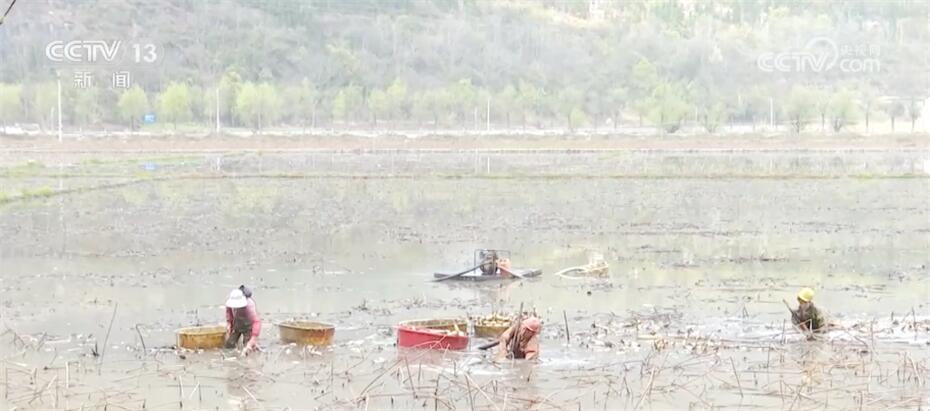



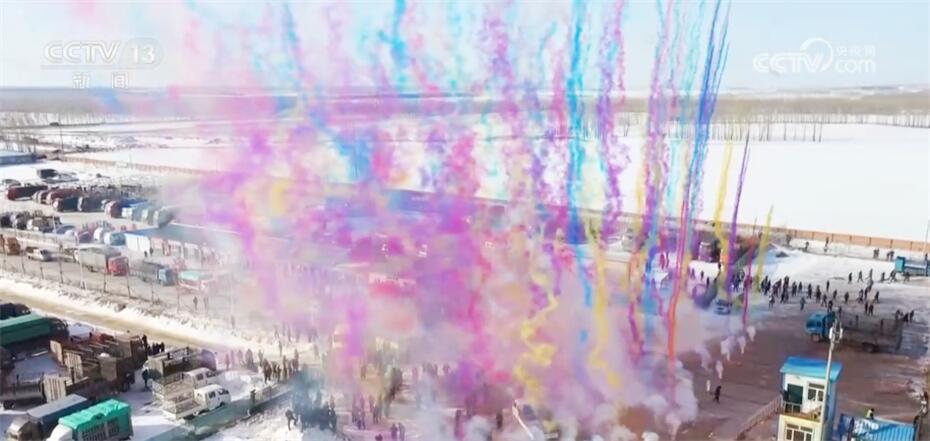
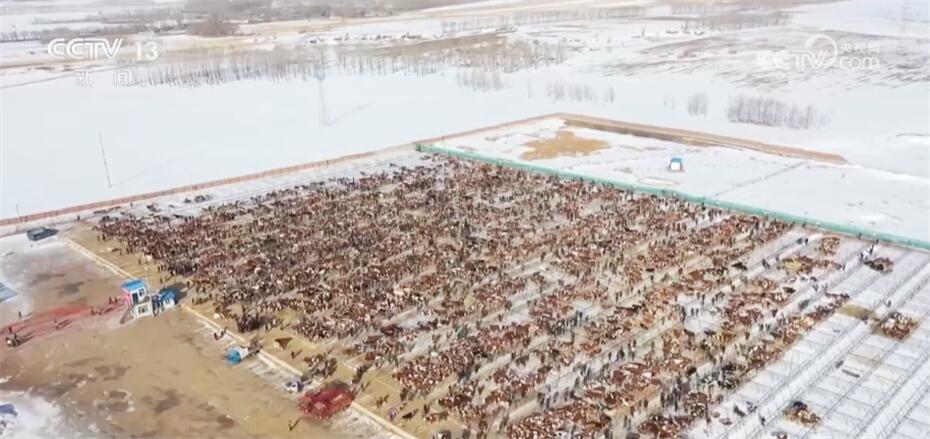
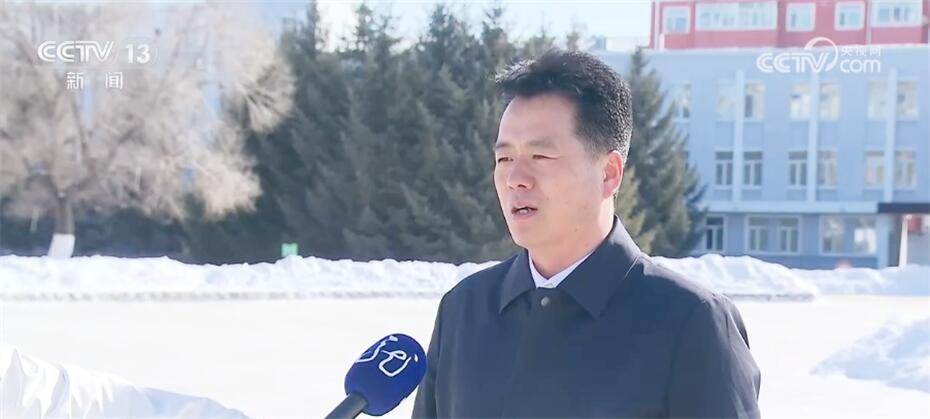
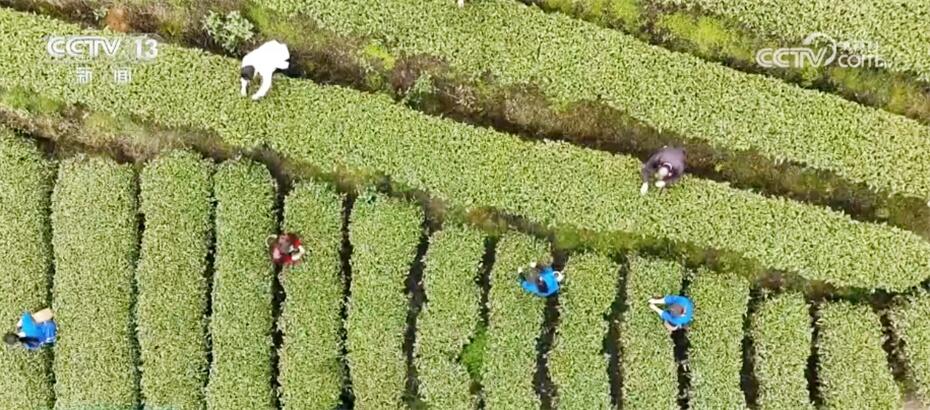


 Copy succeeded, press CTRL+V to send it to friends, forums or blogs.
Copy succeeded, press CTRL+V to send it to friends, forums or blogs.